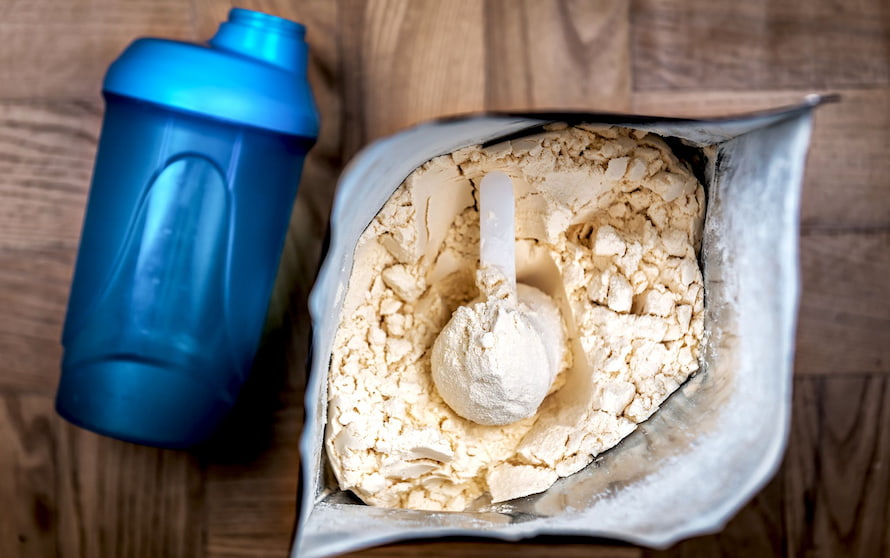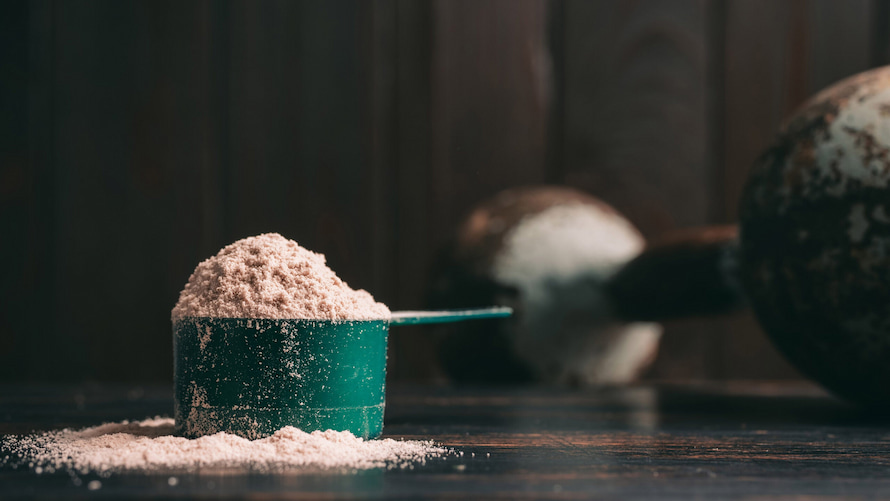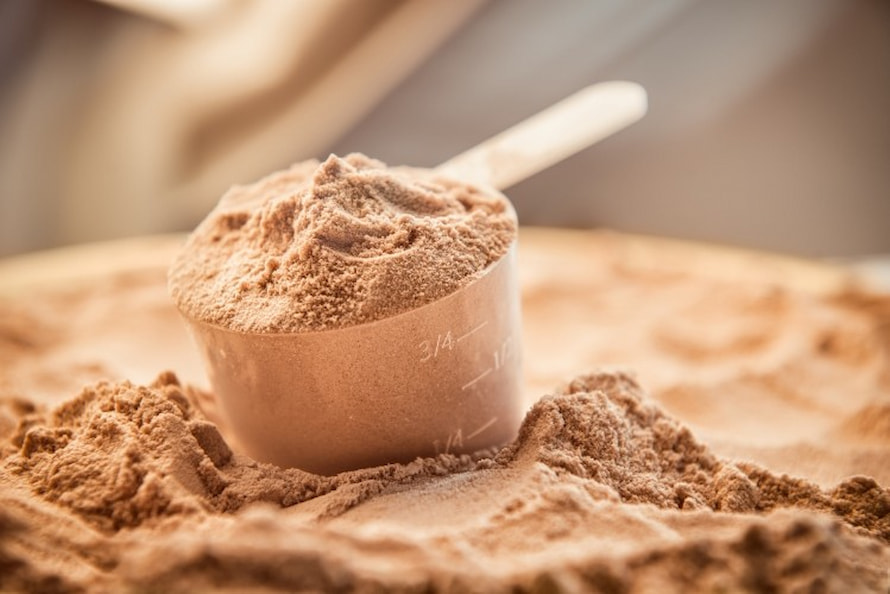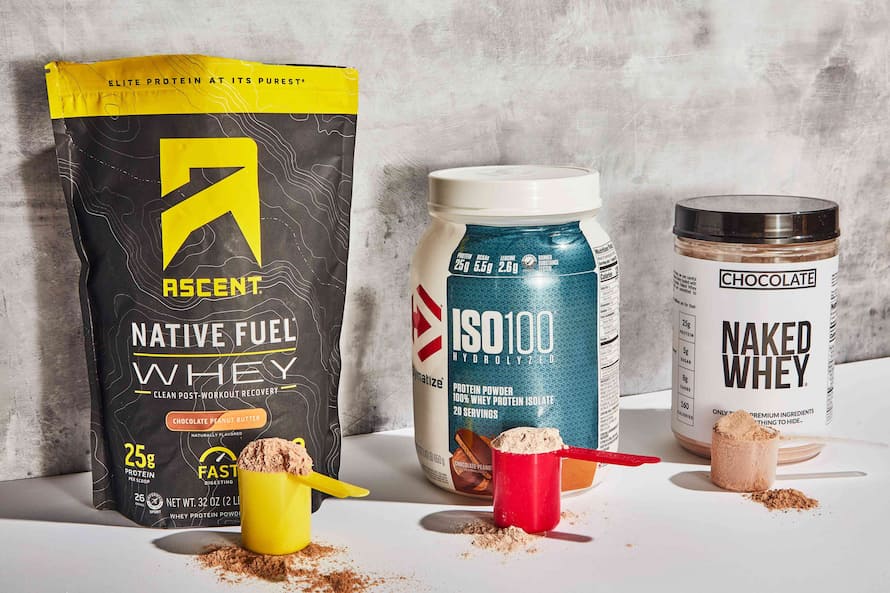Health & Beauty
Whey Protein Isolate vs Concentrate: Which One Is Right for You?
Because of its claimed health and wellness benefits, whey protein has become one of the most popular and well-known supplements in the nutrition industry. Whey protein is a staple in the fitness community, but it’s not only for athletes anymore.
People who go to the gym regularly and want to improve their health are including whey protein in their diets, and you may be thinking of doing it, too. The words “whey” or “whey isolate” may appear on the label of your whey powder product. What’s what’s different between the two? And what’s the right one for you?
What Is Whey Protein?
In a nutshell, it’s a protein isolate made from whey, a by-product of cheese manufacture. Milk, cheese, yoghurt, protein powder supplements, and protein bars are examples of whey-containing foods. If you’ve ever opened a container of your favourite yoghurt and observed a clear liquid floating on top, that’s whey peptides. Years ago, dairy product manufacturers discarded whey during the cheesemaking process.
Whey protein on its own has little flavour, but when mixed with natural flavouring agents such as vanilla, cocoa, or even fruit, it makes an excellent complement to any smoothie or pre- or post-workout protein shake. The finished product is what you see in stores as a powder.

The Different Whey Types
Whey protein comes in two forms: concentrate and isolate. What happens during the manufacturing process is the primary distinction between whey isolate and whey concentrate. Simply said, whey isolate undergoes a more rigorous processing phase than whey concentrate.
The filtration process of whey isolate protein removes practically all non-protein macronutrients — carbs and fat — providing a highly pure protein concentration. Whey concentrate retains a higher proportion of carbohydrates and lipids.
Lactose accounts for nearly half of the carb content in whey protein concentrate. Because whey protein isolate contains fewer carbohydrates, it contains less lactose. That’s why people who are lactose intolerant should choose whey protein isolate rather than whey protein concentrate.
Is Whey Protein Isolate Good for You?
Whey protein isolate may also be the best form of whey protein for persons who constantly calculate macros and are concerned with maintaining a body figure. Since whey isolates are the purest and cleanest form of whey protein, highly-absorbed and fast-digesting whey isolate protein powders provide a high-protein supplement without carbs or fat, making them the ideal post-workout protein.

Whey Isolate vs Concentrate
Now that we’ve learned about whey protein and its types, let’s see whether concentrate or isolate is the top choice for building muscle mass. What’s interesting is that both options offer similar health benefits. Here are some of them.
Both Provide Muscle Building Blocks
Let’s simplify the science behind muscle formation: muscle tissue comprises protein composed of chains of amino acids called peptides. Nine of the 20 amino acids necessary for building protein are essential, and we need to obtain them through diet or supplements. Whey contains all nine essential amino acids crucial for maintaining and building muscle mass in concentrated or isolated forms.
Both Are Complete Proteins
Both whey protein concentrate and isolate contain all nine essential amino acids, particularly a high leucine concentration. Leucine effectively stimulates muscle protein synthesis, aiding in the development of lean muscle mass. Studies highlight whey protein’s richness in essential and branched-chain amino acids, with high bioavailability for efficient absorption.

Both Support Muscle Building
Selecting the right protein source, especially within 2-3 hours of your workout, is vital for optimal muscle growth. Whey protein’s rapid digestion ensures quick absorption, leading to increased amino acid levels and muscle protein synthesis. Research demonstrates that consuming 20-25 grams of fast-digesting protein, such as whey, can enhance muscle building after workouts and up to 48 hours following intense resistance training.
Both Elevate Anabolic Hormone Release
Post-exercise consumption of whey protein can significantly impact anabolic hormones and muscle strength. Studies reveal that whey protein can elevate growth hormone levels, aiding muscle mass development. Additionally, it can increase IGF-1, linked to the anabolic effects of human growth hormone, contributing to muscle growth and proliferation.
Both Boost Daily Protein Intake
Meeting daily protein requirements is crucial for muscle gain. Given the recommended protein intake of 0.5-1 gram per pound of body weight, achieving this solely from whole foods can be challenging. Supplementing with whey protein isolate or concentrate is essential to bridge this gap and support muscle growth effectively.

Which Whey Protein Is Right for You?
Whey protein isolate and concentrate are two of the most prevalent types of whey. While they are both complete proteins that help grow muscle and generate anabolic hormones, there are a few crucial differences you should be aware of.
Whey protein isolate goes through a more rigorous filtration process than whey protein concentrate. This method removes carbohydrate, lipid, and lactose constituents of whey isolate.
The fitness influencer Jeremy Ethier discussed the forms of whey protein in a YouTube video by comparing them to chicken protein. He compared whey concentrate to chicken thighs, which have a high protein content but also some fat and carbohydrates. Whey isolate is similar to chicken breasts – it has little fat and a high percentage of protein.
This comparison helps us comprehend whey powders but also assists us in selecting the best protein for us. If you prefer chicken thighs and aren’t worried about the fat content, the whey concentrate should be fine for you. If you make more conscious dietary choices, and your first choice is chicken breasts, choose a high-quality whey isolate. Also, choose whey protein isolate over whey concentrate if you are on a low-fat or low-carb diet or are lactose intolerant.












